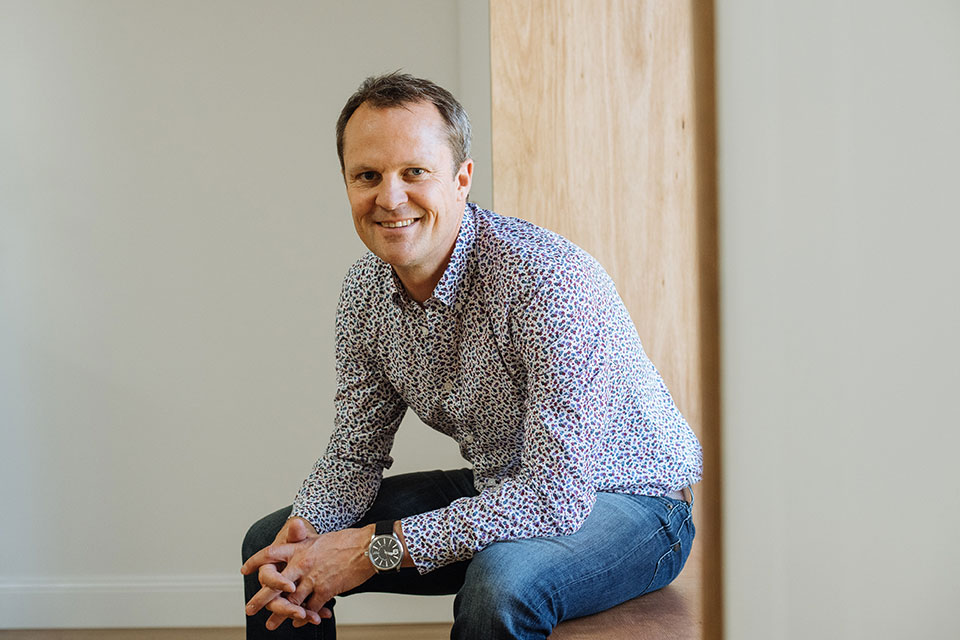5 things organisations get wrong about innovation

Innovation is going to be a key driver of growth for organisations and the economy as we look to come out of the pandemic, yet innovation itself is not easy and there are many pitfalls to be avoided along the way. Here are some of the common things that organisations get wrong when embarking on an innovation journey or trying to kick-start an existing one:
- Jumping to the solution
This is the number one innovation mistake organisations make. Too many organisations still waste their time and resources inventing solutions for non-existent customer needs. In a study of 2000 product innovation projects, Robert G. Cooper identified that the number one factor behind innovation failure was ‘a lack of thoroughness in identifying real needs in the marketplace’, with teams often ‘making assumptions in order to justify the project’.By spending time upfront identifying real unmet needs and problems that customers want to see solved saves you time, mistakes and rework in the more costly back end of the innovation process, whilst increasing your innovation success rates. - Build an innovation lab and (assume) the ideas will come
Building an innovation lab has been top of the Christmas list for many organisations over the last five plus years. A report by the Policy Lab at the University of Melbourne in February 2018 identified at least 52 such labs just in the public sector across Australia and New Zealand.Now, my problem isn’t with innovation labs per se. All teams need space (physical and mental) to create and innovate. And sometimes we need to signal a culture change through artifacts and symbols. The problem is how they are used and our silver bullet mentality where we think building a bright shiny new lab will solve all our innovation problems.Space is but one lever in building a more innovative culture. Truly innovative organisations take an ecosystem approach and link the lab to their innovation strategy, process, teams and other elements of the operating model rather than operating as a standalone space where flannel shirt wearing hipsters get to hang out supping macchiatos from a 3D printed cup whilst sitting in bean bags wearing VR goggles. - Create an internal design team with no mandate or product ownership
Many organisations have leapt to setting up in-house design teams as the cure to a lack of customer-centricity and innovation. Where I’ve seen organisations get it wrong is where they hire a team of passionate evangelists and give them no real remit, budget or product ownership.Design (or innovation) is about creating new value, often in the form of products, services or better ways of working that meet a customer or user need. However, with little remit and no ownership of a portfolio of any kind (current or future) these teams are set up to fail right from the start. And what happens is either these heart on their sleeves designers leave in despair from banging their heads on too many walls or the whole team is disbanded as quickly as it arrived from the lack of tangible results!Design-led innovation needs to be embedded into the teams who are doing the innovating – the marketing, product, technology, R&D and innovation teams. - Treat innovation as a one hit wonder
Too often innovation is seen as a fad or a quick fix. I.e. “we need to run an innovation project (or worse still a design sprint), to build our innovation pipeline and become a disruptor”. However, one standalone ideation project or workshop isn’t going to turn the ship around. This on again and off again approach with no continuous focus never creates any long-term sustainable innovation growth.For innovation to be successful it has to become as much a part of the everyday fabric of the organisation, as core and business as usual activities are. This means having leadership own and role model it, an innovation strategy with clear areas of opportunity and focus that are aligned to the overall business strategy, a customer centric and experimentation driven process, structures and teams and right down to specific regular meetings and/or sections on the everyday agenda. - Innovate in Silos
Nothing quite kills innovation like a silo mentality. From not invented here syndrome to teams being measured on different and conflicting KPI’s to handovers with no buy-in and teams adding their own spin to the original insights and ideas. Yet organisations still continue to operate (and try to innovate) in Silos. Nope, the most innovative organisations work in true cross-functional teams with all departments being represented right from the start through to launch. And whilst their involvement dials up and down throughout the innovation journey, depending on their technical expertise, there is continued commitment and momentum from this early and ongoing buy-in. In the same study mentioned earlier Dr Robert Cooper identified working in true cross-functional teams as the 5th top innovation success factor.There are no shortcuts to innovation success, but there are plenty of lessons learnt. Where I see it work is when teams are doing the right innovation projects, in the right way within an inspiring innovative culture. To build such an environment requires the thoughtful development & integration of customer-centricity, design and innovation into all aspects of your team or organisation.
Written by Nathan Baird.
Bring the best of the CEOWORLD magazine's global journalism to audiences in the United States and around the world. - Add CEOWORLD magazine to your Google News feed.
Follow CEOWORLD magazine headlines on: Google News, LinkedIn, Twitter, and Facebook.
Copyright 2025 The CEOWORLD magazine. All rights reserved. This material (and any extract from it) must not be copied, redistributed or placed on any website, without CEOWORLD magazine' prior written consent. For media queries, please contact: info@ceoworld.biz








